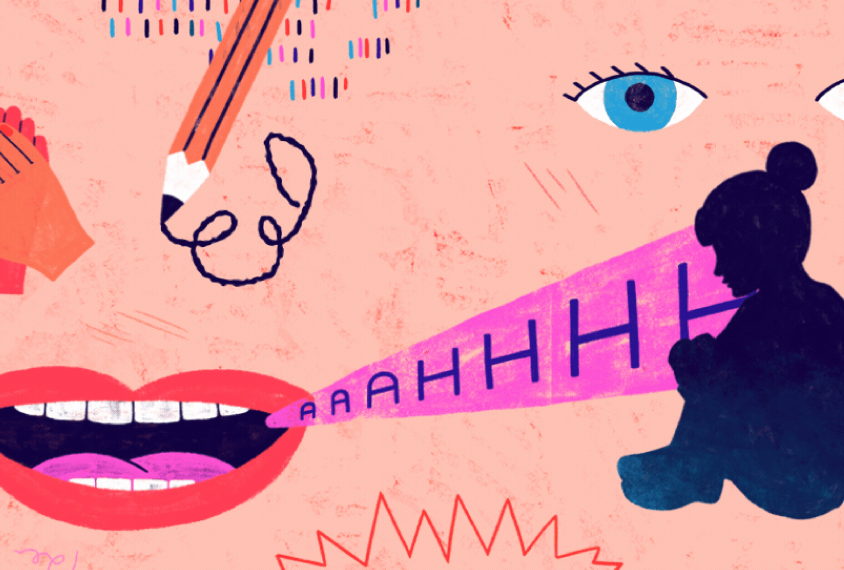Steven Kapp is lecturer in psychology at the University of Portsmouth in the United Kingdom.

Steven Kapp
Research fellow
University of Exeter
From this contributor
Stimming, therapeutic for autistic people, deserves acceptance
Repetitive behaviors such as hand-flapping and spinning may give autistic people a sense of control; instead of discouraging these behaviors, therapists should address triggers upsetting to autistic people.

Stimming, therapeutic for autistic people, deserves acceptance
Explore more from The Transmitter
Xiao-Jing Wang outlines the future of theoretical neuroscience
Wang discusses why he decided the time was right for a new theoretical neuroscience textbook and how bifurcation is a key missing concept in neuroscience explanations.
Xiao-Jing Wang outlines the future of theoretical neuroscience
Wang discusses why he decided the time was right for a new theoretical neuroscience textbook and how bifurcation is a key missing concept in neuroscience explanations.
Memory study sparks debate over statistical methods
Critics of a 2024 Nature paper suggest the authors failed to address the risk of false-positive findings. The authors argue more rigorous methods can result in missed leads.

Memory study sparks debate over statistical methods
Critics of a 2024 Nature paper suggest the authors failed to address the risk of false-positive findings. The authors argue more rigorous methods can result in missed leads.
Attention not necessary for visual awareness, large study suggests
People can perceive some visual information even if they do not pay direct attention to it.

Attention not necessary for visual awareness, large study suggests
People can perceive some visual information even if they do not pay direct attention to it.